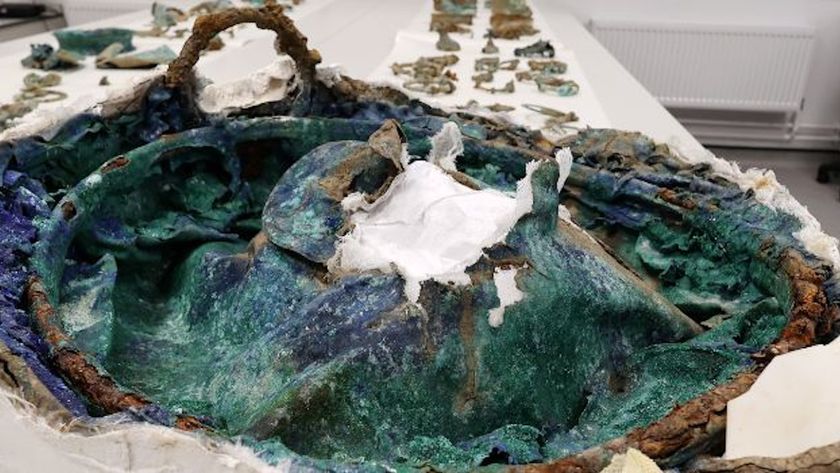Prostate Cancer Symptoms and Treatment
Prostate cancer is diagnosed in about 20 percent of men. It may be more prevalent, however, because some men never know they have it and die of other causes before the slow-growing cancer becomes a problem.
Prostate cancer is the most common type of cancer found in American men, after skin cancer, according to the American Cancer Society. And prostate cancer is the second leading cause of cancer death in men, after lung cancer.
Only men have a prostate gland, which is just below the bladder, in front of the rectum. It is about the size of a walnut.
The prostate grows from birth to adulthood. But in some men, it keeps growing. This can lead to an enlarged prostate, a non-cancerous condition called benign prostatic hyperplasia (BPH). This can cause problems passing urine.
In some cases, certain cells in the prostate become cancerous and continue multiplying.
Scientists don't know what causes prostate cancer, officially called prostate adenocarcinoma. Risk factors include smoking, age and family history. A diet high in red meat also plays a role, studies suggest. Black men are more likely to get prostate cancer than others.
Experts don't agree on whether all men should be routinely tested for prostate cancer. One test involves the doctor putting a gloved finger in the rectum to feel for bumps or hard spots on the prostate. A blood test, called PSA (prostate-specific antigen) looks for signs of the disease in the blood.
Sign up for the Live Science daily newsletter now
Get the world’s most fascinating discoveries delivered straight to your inbox.
"These tests are not perfect, though," states the American Cancer Society. "Uncertain or false test results could cause confusion and worry." And, the society notes, surgery is sometimes performed or radiation therapy conducted even when a doctor is not sure how fast the cancer might spread. Importantly, prostate cancer grows slowly, according to the American Cancer Society. In fact autopsies suggest that as many as 90 percent of men over age 80 have prostate cancer, most never knowing it and dying of something else.
"If you are older than age 70, you may opt for expectant management (also called watchful waiting) if your prostate cancer is growing slowly," according to the Mayo Clinic.
Early and accurate diagnosis of prostate can, however, improve odds of survival, studies show.
The American Cancer Society suggests the decision about whether to test should reside with patient and doctor after a discussion about the cancer and its risks. The talk should take place at age 50 for men who are at average risk, at age 45 for men at high risk of getting prostate cancer (African American men and men who have a father, brother, or son found to have prostate cancer before age 65), and at age 40 for men with several family members who had prostate cancer at an early age.
- Enlarged Prostate: Surgery Better Than Drug Therapy
- 5 Questionable Health Screening Tests
- Top 10 Worst Hereditary Conditions











